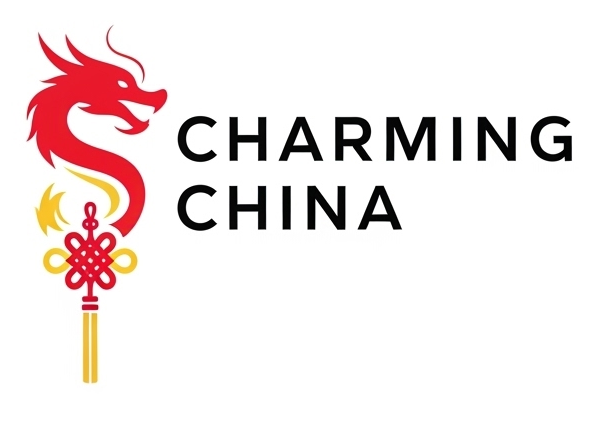Calendar & Date Culture
The Chinese calendar is more than a way to mark time—it’s a cultural compass that guides festivals, farming, fortune-telling, and daily life. Rooted in astronomy and philosophy, this lunisolar system blends the cycles of the moon and sun to reflect nature’s rhythm. From choosing auspicious dates to understanding zodiac years, Chinese date culture offers a profound connection between cosmic order and human activity. To follow the Chinese calendar is to live in harmony with heaven, earth, and self.
Structure of the Chinese Calendar
- Lunisolar System: Combines lunar months (based on moon phases) with solar terms (based on the sun’s position)
- Months: Each lunar month begins with a new moon and lasts 29 or 30 days
- Leap Months: Added roughly every 3 years to align the lunar year (354 days) with the solar year (365 days)
- Years: Named using the 60-year sexagenary cycle, combining 10 Heavenly Stems and 12 Earthly Branches
This system ensures seasonal alignment while preserving lunar rhythm—essential for agriculture and ritual timing.
The 24 Solar Terms (二十四节气)
These solar divisions mark seasonal changes and agricultural milestones:
| Solar Term | Meaning | Season |
|---|---|---|
| Lichun | Beginning of Spring | Early Spring |
| Qingming | Clear & Bright | Mid-Spring |
| Xiazhi | Summer Solstice | Summer Peak |
| Shuangjiang | Frost Descent | Late Autumn |
| Dongzhi | Winter Solstice | Deep Winter |
Each term influences farming, health practices, and festival timing.
Zodiac & Yearly Cycles
- 12 Zodiac Animals: Rat, Ox, Tiger, Rabbit, Dragon, Snake, Horse, Goat, Monkey, Rooster, Dog, Pig
- Elemental Cycle: Each year also carries one of five elements—Wood, Fire, Earth, Metal, Water
- Ben Ming Nian (本命年): Your zodiac year, traditionally seen as a time of challenges and transformation
- Zodiac Matching: Used in relationships, business partnerships, and naming ceremonies
Zodiac signs shape personality beliefs, fortune forecasts, and cultural identity.
Auspicious Dates & Folk Practices
- Huangdao Jiri (黄道吉日): “Yellow Path Lucky Days” chosen for weddings, moving, or opening a business
- Almanacs (通胜/老黄历): Daily guides listing lucky and unlucky activities based on celestial patterns
- Festival Planning: Major holidays like Chinese New Year, Mid-Autumn, and Dragon Boat Festival are timed using the lunar calendar
- Birth Date Astrology (八字): Uses time, date, and zodiac to analyze destiny and compatibility
Date culture blends astronomy, numerology, and folk wisdom into everyday decision-making.
The Chinese calendar is a living system—scientific, spiritual, and symbolic. It connects people to the cosmos, to tradition, and to each other. Whether you’re choosing a wedding date, celebrating a festival, or reading your zodiac forecast, you’re participating in a timeless dance of stars and stories.
